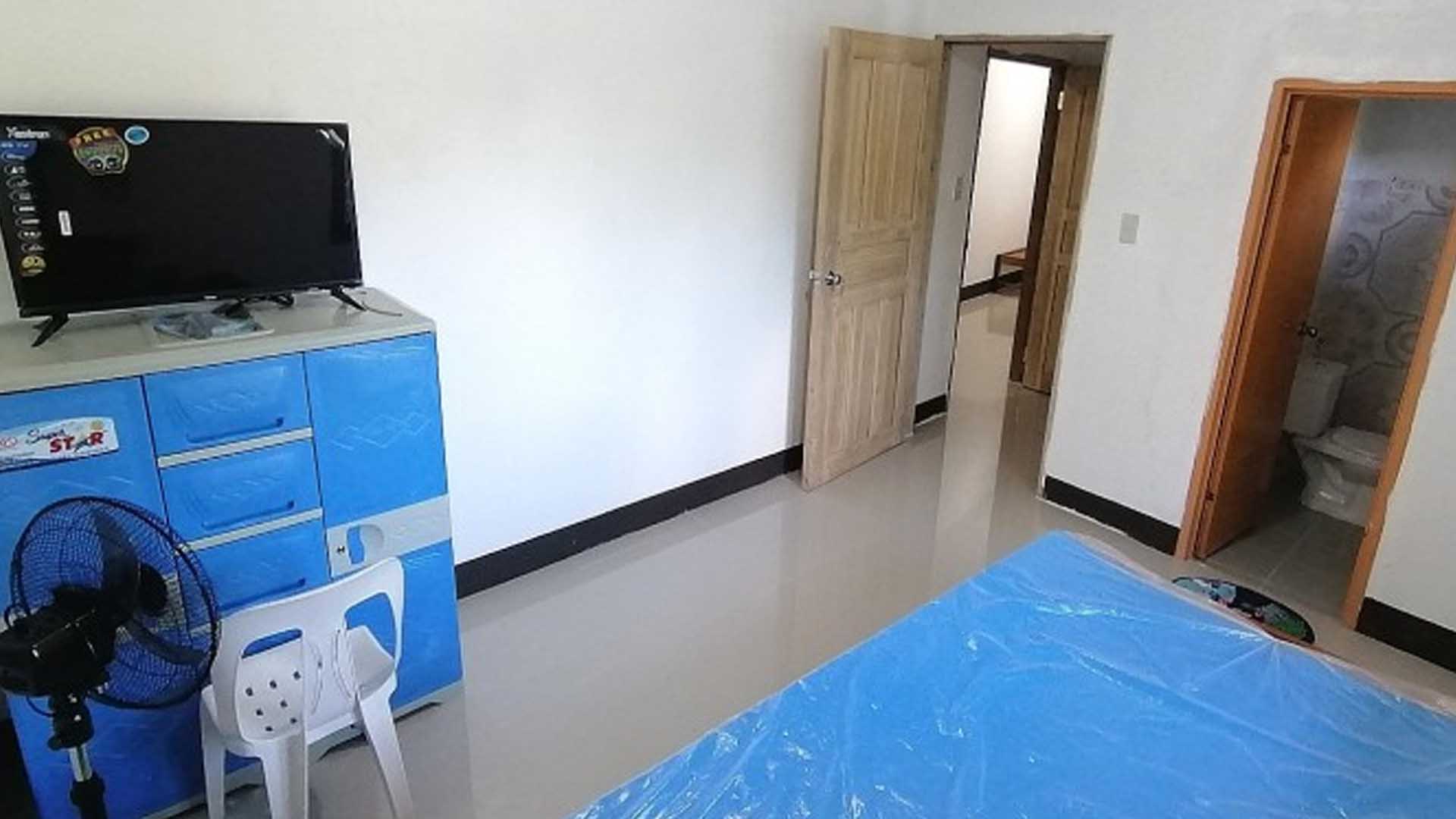A mother of two who lives in mountainous Barangay Mabilong here, together with over 30 other households, will forever be grateful for the Kapit-Bisig Laban sa Kahirapan-Comprehensive and Integrated Delivery of Social Services” (KALAHI-CIDSS) of the Department of Social Welfare and Development (DSWD) for spearheading the transformation of their community.
For a month, they helped finish a 300-meter footpath that changed the living condition of the families in the village.
“This was a scary path before. Several persons fall by the roadside because it used to be a very narrow, slippery dirt pathway,” Aida Buliwan, leader of the 36 volunteers who helped work on the footpath project, said in the vernacular during an interview over the weekend.
“We were eager to help even if there was no wage. We fought for the project and objected to the (construction of a) barangay village) hall project because this will be for the safety of the residents, especially the children. The rice produce of the farmers up there (pointing at the mountain) are now easily carried without fear of falling off the ravine,” Buliwan added.
Barangay Antonio Canao chief Oliver Dickly, in a separate interview, said through KALAHI, they already have village hall where they can store important documents and for residents to bring their concerns.
In the past, the location of the barangay hall depends on the residence of the village chief, Dickly said.
“There used to be no permanent barangay hall here, which is why we are thankful to KALAHI. We have finished it and is now using a portion of the first floor of the three-story barangay hall,” he said.
The village also has a footpath leading to the community in the low-lying areas, where it used to be just a slippery road but is now made of concrete, thanks to the DSWS program.
Barangay Mabilong and Barangay Antonio Canao are among the 831 villages out of the 1,178 in the Cordillera Administrative Region where KALAHI projects exist.
What is unique about the program is that projects are identified by the community and are chosen based on their importance, according to Imelda Tuguinay, KALAHI-CIDSS regional program coordinator.
She said the projects are implemented with the help of the beneficiaries.
“The most important legacy of the project is people empowerment which will stay even after many decades when the project is already worn out,” she said.
KALAHI CIDSS is a poverty alleviation program of the national government implemented by the DSWD.
“We were lucky to have been identified as among the KALAHI areas. KALAHI addressed what the barangays need,” Teddy Gullay, Kalinga provincial administrator, said. (PNA)























